Where to buy bitcoin?
Abstract: You can purchase Bitcoin through various platforms including cryptocurrency exchanges like Coinbase, Binance, and Kraken; peer-to-peer trading; Bitcoin ATMs; and direct commercial exchanges. Remember to set up a digital wallet for storage and always exercise safety and caution.
There are many places where you can buy Bitcoin, but some of the most popular options include:
These are platforms that bring buyers and sellers of Bitcoin together. Some popular centralized exchanges include Coinbase, Binance, and Kraken. These exchanges typically offer a user-friendly interface and make it easy to buy and sell Bitcoin.
These platforms allow you to buy Bitcoin directly from other individuals. This can be a good option if you're looking for a lower price, but it can also be more risky than using a centralized exchange. Some popular peer-to-peer marketplaces include LocalBitcoins and Paxful.
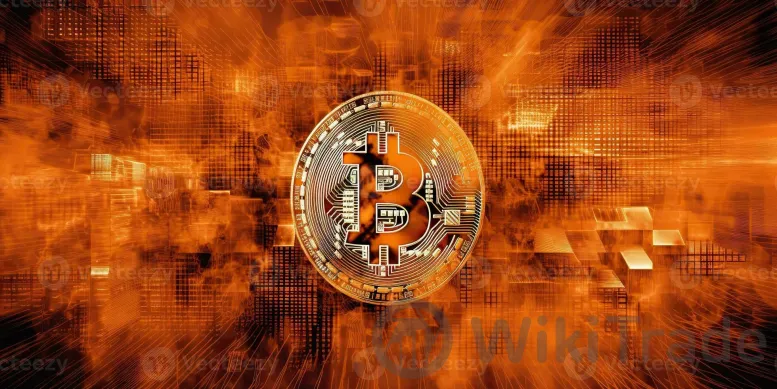
These are machines that allow you to buy Bitcoin with cash. Bitcoin ATMs are not as common as centralized exchanges or peer-to-peer marketplaces, but they can be a good option if you want to buy Bitcoin anonymously.
Some payment apps, such as PayPal and Square Cash, now allow you to buy and sell Bitcoin. This can be a convenient option if you already use these apps for other purposes.
The best place to buy Bitcoin for you will depend on your individual needs and preferences. If you're new to Bitcoin, you may want to start with a centralized exchange like Coinbase or Binance. If you're looking for a lower price, you may want to consider using a peer-to-peer marketplace. And if you want to buy Bitcoin anonymously, you may want to use a Bitcoin ATM.
How to buy bitcoin online
Buying Bitcoin online can be done through various platforms, each with its advantages and features. Here's a general guide to help you get started:
Popular options include Coinbase, Binance, and Kraken. They offer user-friendly interfaces and various payment methods but may have higher fees.LocalBitcoins and Paxful connect buyers and sellers directly, often offering lower fees but requiring more caution due to potential counterparty risks. Offer physical locations for cash purchases but have limited availability and higher fees.
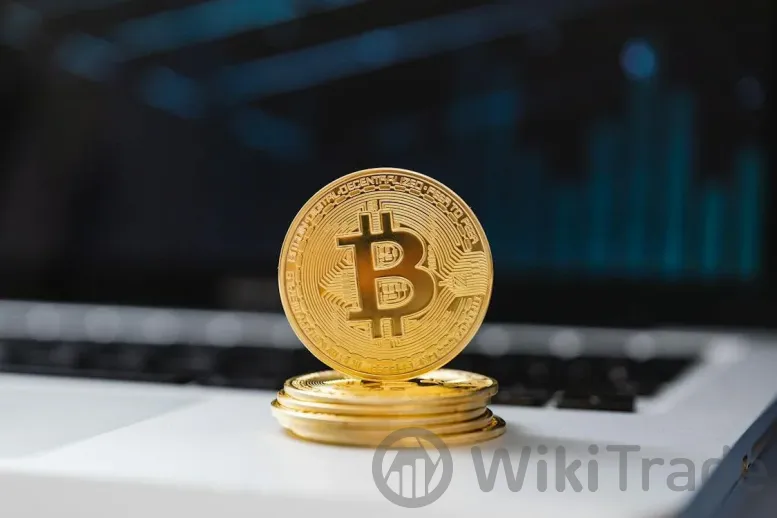
Provide basic information like name, email, and ID for verification. Some platforms might require Know Your Customer (KYC) procedures.
Link your bank account, credit/debit card, or other payment methods to deposit funds for buying Bitcoin.
Specify the amount of Bitcoin you want to buy and choose your preferred payment method. Consider current market prices and order types like market or limit orders.
Withdraw your purchased Bitcoin to a personal wallet for safekeeping. Hardware wallets like Ledger or Trezor offer enhanced security, while software wallets like Exodus or Electrum provide convenience.
Buy Bitcoin with cash near me
Currently, only two operational Bitcoin ATMs exist in Tokyo. This restricts accessibility compared to online exchanges. Specific locations of these ATMs haven't been readily available lately. Finding them might require further digging.
These allow buying Bitcoin from individuals but require caution due to potential counterparty risks. Platforms like LocalBitcoins might have listings in Tokyo. Some exchanges, like Coincheck in Japan, accept cash deposits through specific bank or ATM network partnerships. However, verifying availability for your specific location requires exploring individual exchange options.
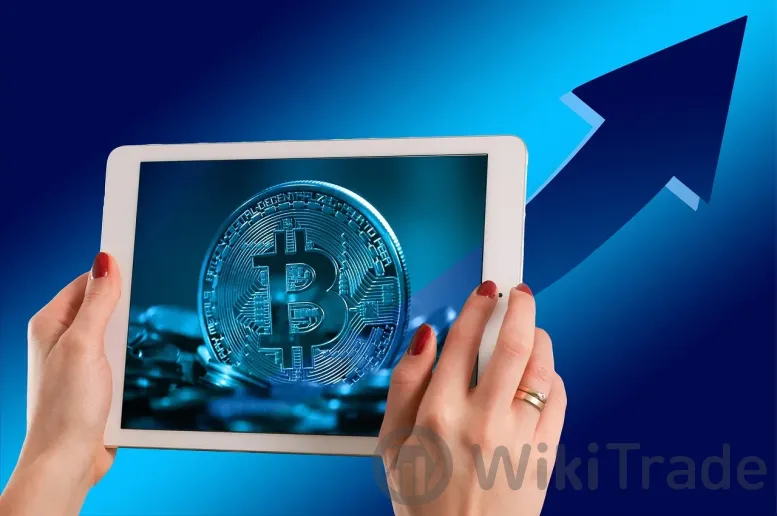
Consider using a reputable online exchange with cash deposit options, if available in your area. Ensure KYC procedures align with your comfort level. If online exchanges feel uncomfortable, thoroughly research individual sellers on P2P platforms like LocalBitcoins, prioritizing reputable profiles and taking necessary precautions. The Bitcoin ATM landscape in Japan is evolving, with more installations planned. Keep an eye out for updates and potential locations near you in the future.
What is a Bitcoin address example?
Bitcoin addresses are like your bank account numbers in the cryptocurrency world. Sharing them publicly or with anyone you don't fully trust could expose your holdings to potential theft or hacking.
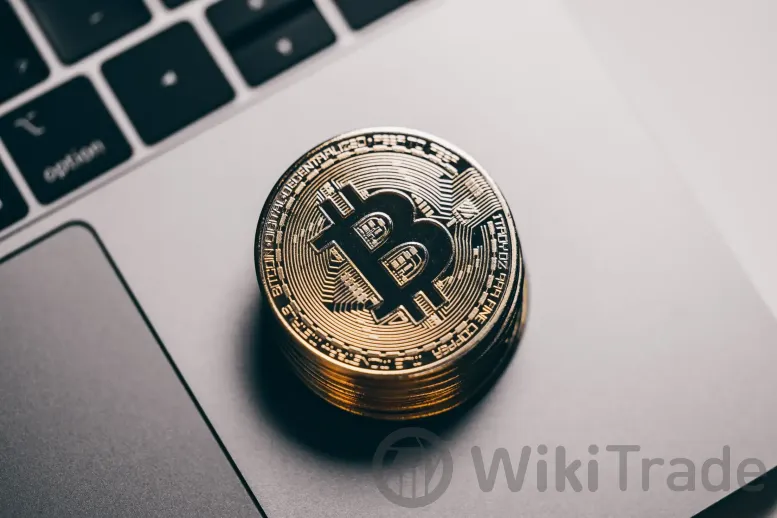
Instead of needing my address, you should choose a reputable cryptocurrency exchange or platform to purchase Bitcoin. These platforms will generate an address for you to receive your purchased Bitcoin securely. If you have Bitcoin stored in a wallet and need to share your address for receiving further funds, the address should be provided directly from your chosen wallet application. Never share your private keys associated with the address, as they allow access to your Bitcoin holdings. You can use blockchain explorers like Blockchain.com or Mempool. space to search for public addresses and see their transaction history. However, be cautious not to share your private information while using these tools.
Bitcoin deposit atm
While traditional Bitcoin ATMs primarily focus on buying Bitcoin with cash, a few options allow depositing cash to acquire Bitcoin. However, due to regulatory restrictions and limited adoption, finding such ATMs can be challenging. Here's what you need to know:
Bitcoin deposit ATMs are not yet widespread, with their presence concentrated in specific regions like North America and Europe. Unfortunately, as of today, January 15, 2024, there are no known operational Bitcoin deposit ATMs in Tokyo, Japan.
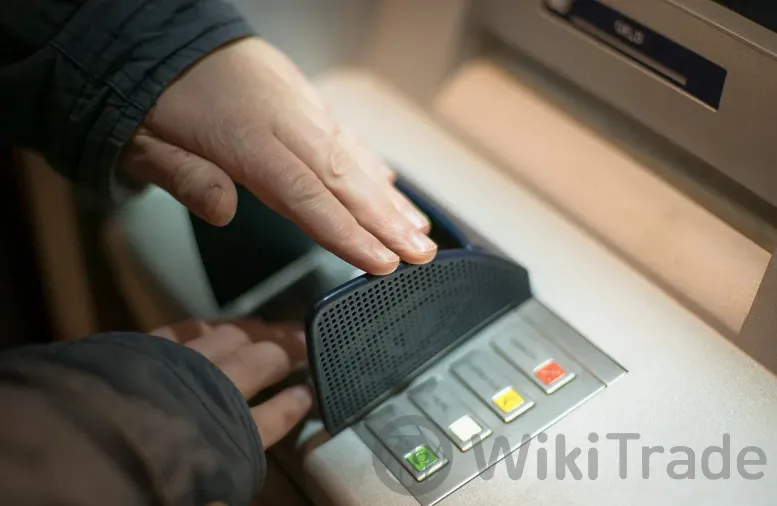
Some exchanges, like Coincheck in Japan, offer partnerships with specific bank or ATM networks for cash deposits to fund your exchange account for buying Bitcoin. Exploring individual exchange options for such facilities in your location is crucial. Platforms like LocalBitcoins might have users in Tokyo willing to exchange cash for Bitcoin in person. However, thorough research and caution are necessary due to potential counterparty risks.
Both deposit ATMs and cash deposit options on exchanges might incur additional fees compared to regular online Bitcoin purchases. Prioritize reputable platforms and individuals when dealing with cash deposits, be it through ATMs or P2P transactions. Understand local regulations regarding Bitcoin transactions and ensure chosen methods comply with legal requirements.
How much does 1 bitcoin cost to buy
As of right now, the price of 1 Bitcoin (BTC) is approximately $43,000. However, it's important to note that the price of Bitcoin is highly volatile and can fluctuate significantly throughout the day.
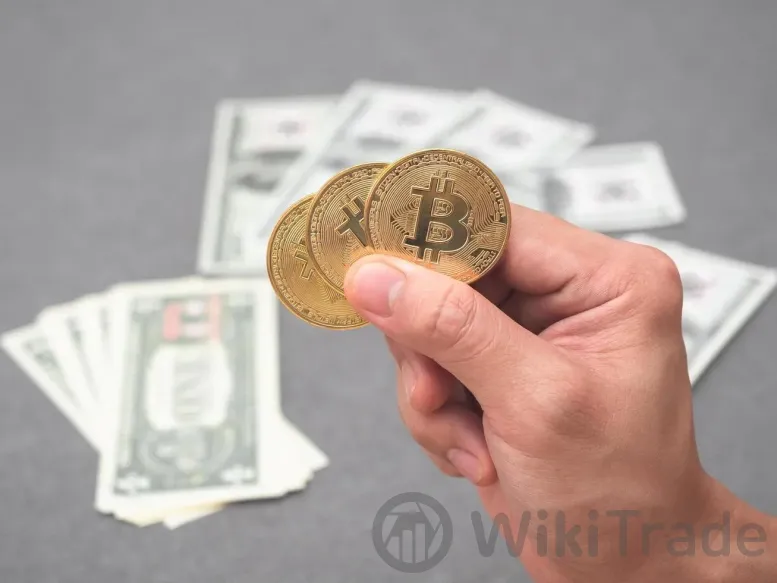
The price of Bitcoin has been relatively stable over the past few days, but it has recently experienced a slight dip. The all-time high for Bitcoin was reached in November 2021, when it hit a price of over $64,000.The price of Bitcoin can be affected by a variety of factors, including news events, government regulations, and the overall health of the cryptocurrency market.
It's also important to consider that the price of Bitcoin can vary depending on the platform on which you purchase it. Different exchanges may have slightly different prices, and some may also charge additional fees.
Buy bitcoin cash with a credit card
While Bitcoin (BTC) is the most popular cryptocurrency, Bitcoin Cash (BCH) has gained its own dedicated following due to its faster transaction speeds and lower fees. You can indeed purchase Bitcoin Cash with a credit card, but it's important to choose the right platform to ensure a smooth and secure experience. Here are some reputable options:
Coinbase: A user-friendly exchange offering Bitcoin Cash purchases with credit cards. Fees can be high, so be sure to check before committing.
Binance: Another popular exchange with a wide range of cryptocurrencies, including Bitcoin Cash. They offer competitive fees and margin trading for experienced users.
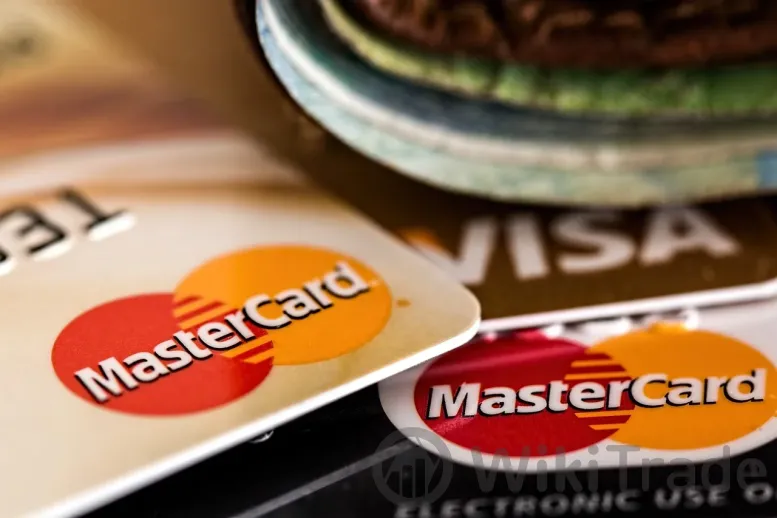
Kraken: A well-established exchange known for its security and reliability. They also offer Bitcoin Cash purchases with credit cards, but their fees might be slightly higher than Coinbase or Binance.
LocalBitcoins: This platform connects buyers and sellers directly, potentially offering better rates than centralized exchanges. However, it requires more effort and comes with inherent risks like counterparty fraud.
Paxful: Similar to LocalBitcoins, Paxful allows peer-to-peer Bitcoin Cash purchases but with additional features like escrow services for enhanced security.
Bitcoin ATMs: Some Bitcoin ATMs allow buying Bitcoin Cash with credit cards, but their availability is limited and fees might be high.
Credit card fees: Using a credit card to buy Bitcoin Cash typically incurs additional fees from both the exchange and your credit card issuer. Be sure to factor these in before making a purchase.
Volatility: The price of Bitcoin Cash can fluctuate significantly, so be prepared for potential losses.
Security: Choose a reputable platform with strong security measures and store your Bitcoin Cash in a secure wallet.
How do I find lost bitcoins?
If you've previously owned bitcoins and lost access to them, there might be ways to recover them. This typically involves remembering your wallet details or private keys and potentially using recovery tools or services. However, the success rate depends on various factors like the type of wallet used and the circumstances surrounding the loss.
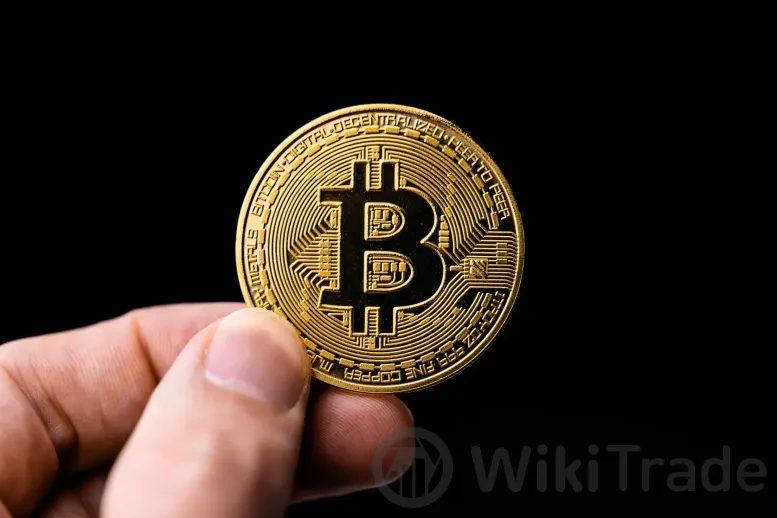
Bitcoin mining involves using specialized hardware to solve complex mathematical problems and earn bitcoins as a reward. However, this process is becoming increasingly difficult and energy-intensive, making it less profitable for individual miners.
There's a possibility that some bitcoins remain unclaimed in old wallets or forgotten accounts. However, actively searching for these bitcoins is challenging and requires extensive technical knowledge and resources.
How do I open a Bitcoin wallet?
Opening a Bitcoin wallet involves a few steps:
There are several types of wallets available, each with different security levels and functionalities. These include software wallets, hardware wallets, mobile wallets, and web wallets.
Once you've decided which type of wallet is best for you, you should download your chosen wallet software from a trusted source or purchase a hardware wallet from a reputable provider. Some popular wallets include Exodus (software wallet), Ledger Nano X (hardware wallet), and Edge (mobile wallet).
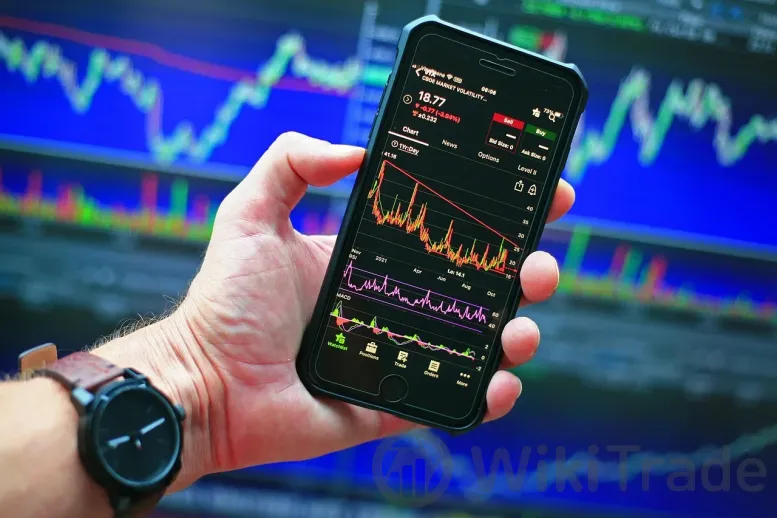
After downloading the wallet software or setting up your hardware wallet, you will need to create a new wallet within the application. This usually involves generating a new private key and corresponding public address.
It's crucial to secure your Bitcoin wallet to ensure the safety of your Bitcoins. You will typically be presented with a seed phrase—a series of words that can help recover your wallet if you lose access to your device. It's essential to write it down and store it in a safe place. Never share your private key or seed phrase with anyone.
You can now transfer Bitcoins to the public address associated with your new wallet.
How do I sign in for a Bitcoin account?
If you have an existing Bitcoin wallet, “sign in” typically refers to accessing your funds stored within it. This process depends on the type of wallet you have:
Software wallets: Open the app you used to create the wallet and enter your password or PIN.
Hardware wallets: Connect the device to your computer and enter your PIN.
Paper wallets: You don't technically “sign-in” to paper wallets. Instead, you import private keys printed on paper into another wallet application.
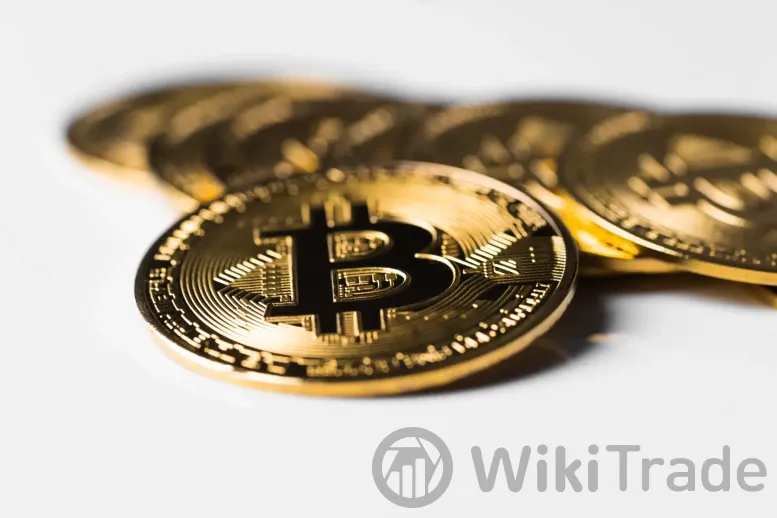
If you have an account on a Bitcoin exchange or platform like Coinbase or Binance, “sign in” refers to accessing your account on their website or app. This process involves entering your username or email address and password.
Some websites and services related to Bitcoin might require you to “sign in” with your Bitcoin address or private key. However, be cautious before doing this. Legitimate websites/services shouldn't require your private key for most functionalities. Only share your private key with applications or services you fully trust.
How to buy and sell cryptocurrency
Buying and selling cryptocurrency involves several steps:
Decide on which cryptocurrency exchange platform you'll use to conduct your trades. Some popular options include Coinbase, Kraken, Binance, and Gemini. Consider factors such as costs, security features, ease of use, and the variety of available cryptocurrencies when selecting a platform.
Create an account on the chosen platform. The process generally requires you to submit your basic information and go through a verification process.
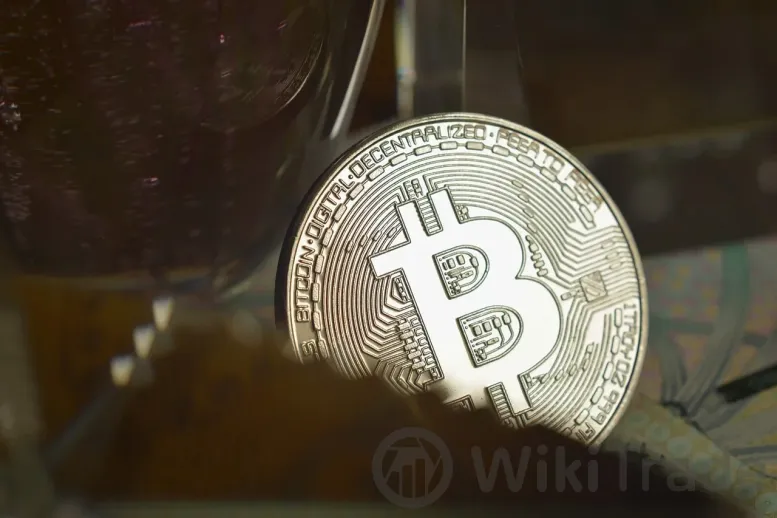
Once your account is set up, you'll need to deposit funds into it. This can usually be done through bank transfers, credit/debit card transactions, wire transfers, or even by depositing cryptocurrency directly into your account.
You can now navigate to the platform's trading screen and select which cryptocurrency you want to buy. Enter the amount of the cryptocurrency that you wish to purchase and confirm the details of the transaction.
After purchasing, you may want to move your digital assets to a private wallet for security purposes. Wallets can be online, offline, hardware-based, mobile, etc.
If you have a private wallet, you'll need to transfer the cryptocurrency you want to sell to your exchange account. Go to the trading section of your exchange, specify the amount you wish to sell and the cryptocurrency youre selling, and confirm your transaction. Following the sale, you can withdraw your funds. Depending on the platform and the currency, you can choose to withdraw your funds in fiat currency directly to your bank account, or in cryptocurrency.
Virtual currency investment
Crypto prices can fluctuate dramatically, leading to significant losses. The crypto landscape is vulnerable to hacking and scams, so be wary of unsolicited investment advice. The regulatory environment surrounding cryptocurrencies is still evolving, leading to potential risks and uncertainties.
Starting your investment journey
Choose specific virtual currencies to research based on their underlying technology, project goals, and market potential. Start small with an amount you can afford to lose, and gradually increase your investment as you gain experience and understanding. Don't put all your eggs in one basket. Spread your investments across different virtual currencies and asset classes to mitigate risk.
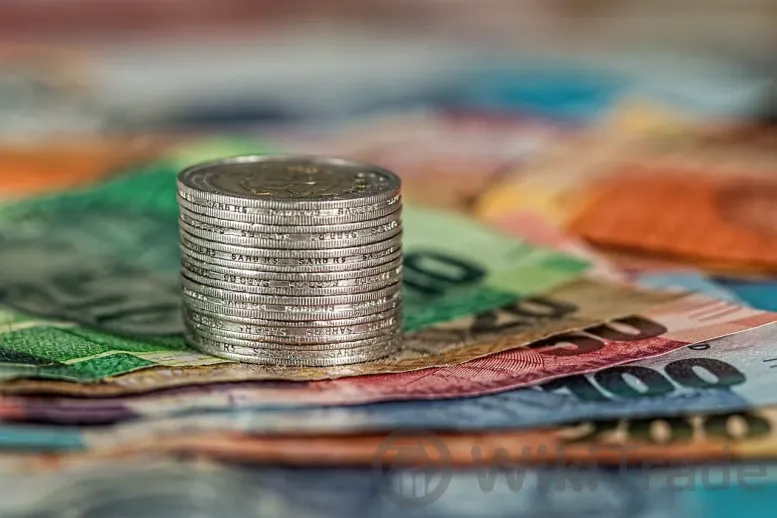
Choosing investment platforms
Coinbase and Binance are popular CEXs with user-friendly interfaces and various payment options, but they might have higher fees. Uniswap and SushiSwap are DEXs where users directly trade with each other, offering lower fees but requiring more technical knowledge.LocalBitcoins and Paxful connect buyers and sellers directly, potentially offering lower fees but with higher counterparty risk.
These are like your bank account passwords for crypto. Keep them confidential and only use them on trusted platforms. Store your virtual currencies in secure wallets, ideally hardware wallets for long-term holdings. Keep up with the latest news and developments in the crypto space to make informed investment decisions.
Up and coming crypto coins What crypto has the most potential?
Predicting the “most potential” crypto is inherently risky, as the cryptocurrency market is highly volatile and influenced by various factors. However, I can provide some insights on up-and-coming coins and established players with growth potential:
Up-and-coming coins
Cosmos (ATOM): Focused on inter-blockchain communication, aiming to create a “network of networks” for seamless data and value transfer.
Near (NEAR): Sharding-based blockchain platform offering fast and scalable transactions with low fees.
Avalanche (AVAX): Secure and fast blockchain for decentralized applications with an emphasis on scalability.
Filecoin (FIL): Decentralized storage network powered by blockchain, offering secure and efficient data storage solutions.
The Graph (GRT): Indexing protocol for blockchain data, enabling efficient querying and application development.
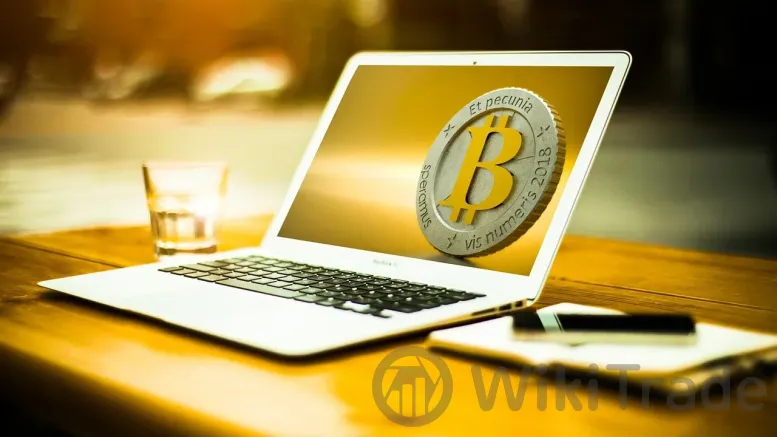
Established players with potential
Ethereum (ETH): The underlying platform for many DeFi and NFT projects, undergoing major upgrades for scalability and efficiency.
Solana (SOL): High-speed blockchain platform with low transaction fees, attracting significant developer and user interest.
Cardano (ADA): Secure and scalable blockchain platform with a strong focus on research and development.
Polkadot (DOT): Interoperable blockchain platform connecting different blockchains and fostering cross-chain communication.
Investing in any cryptocurrency involves risk, so thoroughly research any project before investing. Cryptocurrencies can be volatile, so only invest what you can afford to lose. Don't put all your eggs in one basket. Spread your investments across different cryptocurrencies and asset classes. There are many scams in the crypto space. Be wary of projects with unrealistic promises or those that lack transparency.




Top News
 WikiTrade
WikiTrade WikiTrade
WikiTrade WikiTrade
WikiTrade WikiTrade
WikiTrade WikiTrade
WikiTrade WikiTrade
WikiTrade WikiTrade
WikiTrade WikiTrade
WikiTrade WikiTrade
WikiTrade WikiTrade
WikiTrade


